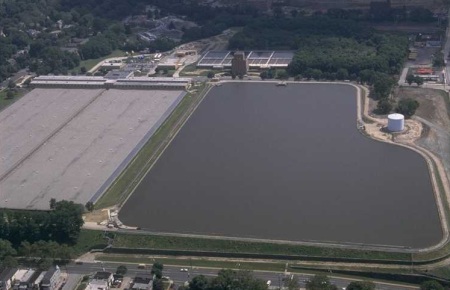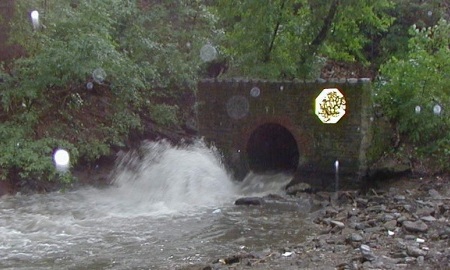With the Philadelphia Water Department proposing a rate change for 2013, we’re running a series of informational posts to explain how water rates are set, the terminology behind the rate setting process, and the investments PWD is making in our city’s infrastructure, health and environment.

We use the phrase “cost of service utility” often to describe the financial structure of the Philadelphia Water Department. It basically means that we are an organization that provides a critical resource for which we charge a price—but only enough of a price to pay for our expenses and the debts we have incurred to finance the construction and repair of our sewers, water lines, treatment plants and stormwater management improvements.
We can’t call ourselves a non-profit because that would imply that we are some kind of private company, which we are not. We are a part of the Philadelphia city government. (It’s the Philadelphia Water Department, not the Philadelphia Water Company.) But essentially, we operate as a non-profit, which means we are entirely focused on delivering the highest quality service that we can at the lowest possible price, making our customers happy and protecting the local environment. This is in contrast with some privately owned utilities or companies which seek to charge the highest price they can in order to maximize profits and make investors happy.
The Philadelphia Water Department doesn’t have stock and isn’t driven by maximizing profits at the expense of anything else. We only have two constituencies that we have to satisfy. The first, and most important, are our ratepayers, which includes everyone in the City of Philadelphia and many people outside of it. The second are the financial types who determine our bond rating—a measure of the quality of our debt and our ability to pay it on time. We’ll get more into the bond rating in the next post, but for now, let’s just say that keeping those folks happy helps keep our ratepayers happy, too.
Another comparison to make is to think of every citizen of Philadelphia as a part owner of this big, important, locally owned company called the Philadelphia Water Department with an elected board (City Council) overseeing our operation. That board and its chairman (the mayor) ensure that the Water Commissioner (our CEO in this analogy) is running the business well, providing a high-quality product, managing the debts we take on to improve our infrastructure and providing a good experience for our customers (who also happen to be every citizen of Philadelphia!)
Not every water provider operates or is organized this way. In future posts, we’ll explore what this means for ratepayers in the region who are not our customers.


